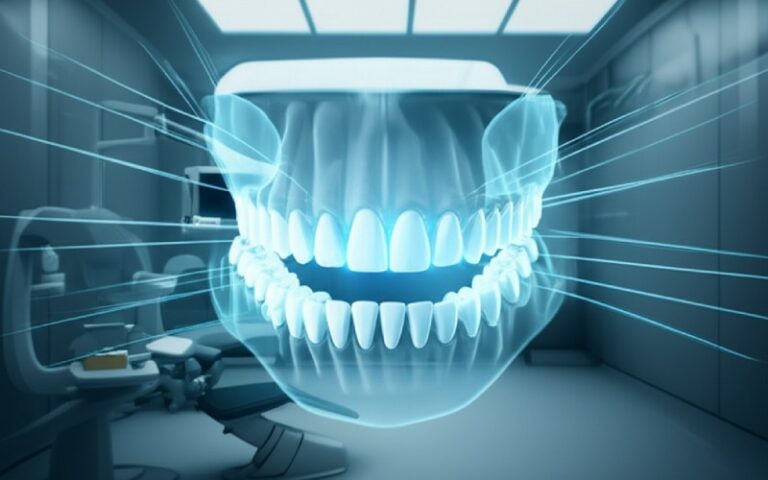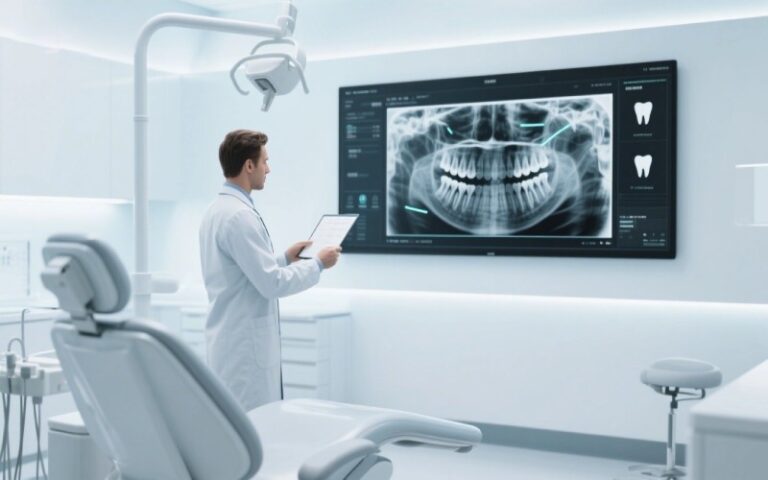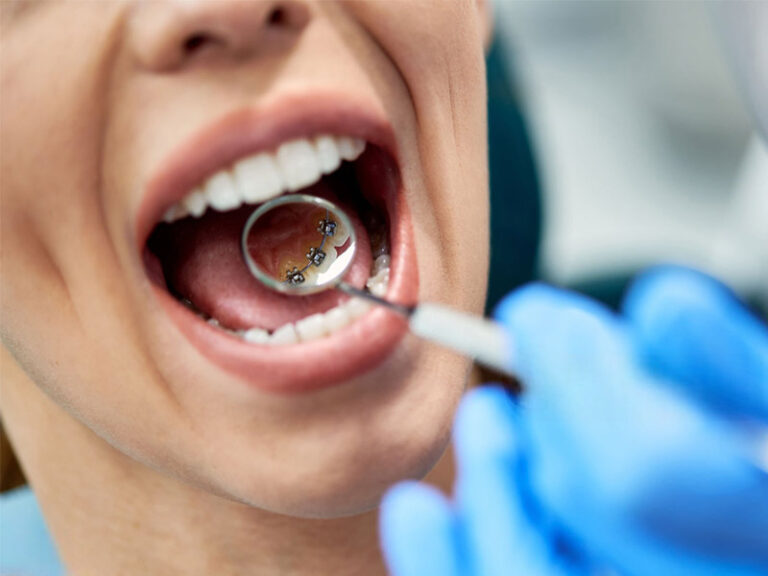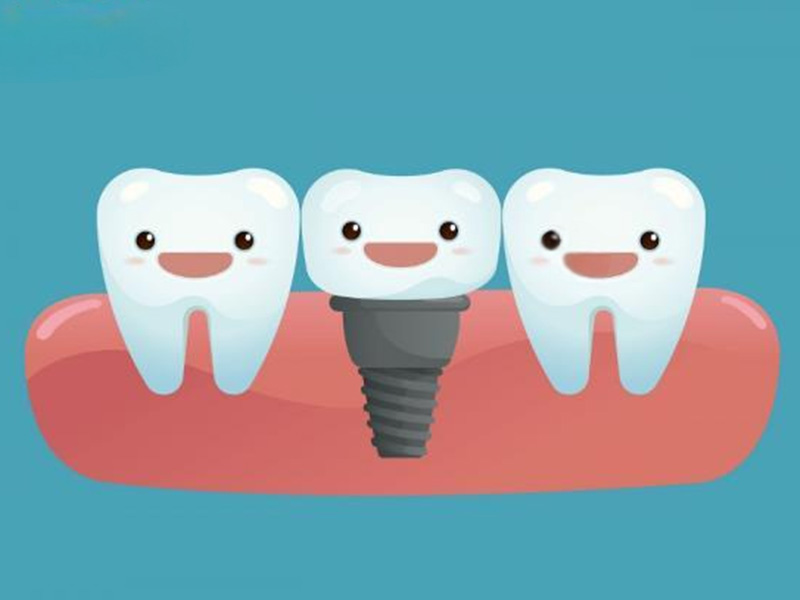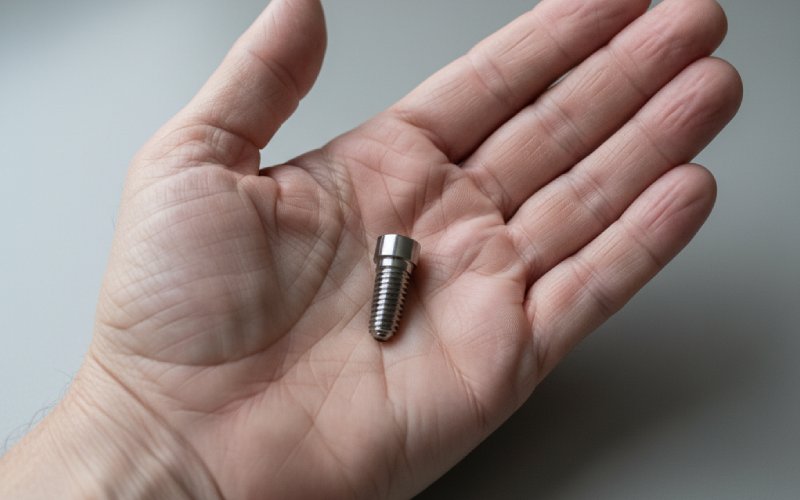
Can You Get Dental Implants if You Have Rheumatoid Arthritis?
Living with rheumatoid arthritis can be tough. If you also have teeth that are missing, you might ask yourself if you can get dental implants. This is a question many people ask. A lot of people are worried. They think an autoimmune disease like rheumatoid arthritis will prevent them from getting the best solution for a missing tooth. This article will give you simple, clear answers. We will look at how rheumatoid arthritis can affect your dental health. We will also explain what this means for getting a dental implant. You will find out about the risks. You will learn the steps you need to take to get ready. And you will see how you can still be a very good person to get a dental implant for a lovely, healthy smile.
Table of Contents
What Is Rheumatoid Arthritis (RA) and How Does It Work?
Rheumatoid arthritis, or RA, is an autoimmune disease. This means your body’s system for fighting sickness, called the immune system, gets mixed up. Instead of fighting off germs, it begins to make the immune system to attack the healthy parts of your body. RA is an autoimmune problem. It mostly attacks your joints. This causes them to feel painful and get swollen. This is why a common sign of RA is having swollen and sore joints, often in the hands, wrists, and knees.
This attack on your own body is what makes RA different from other kinds of arthritis. The inflammation, which is always there, can harm more than just your joints. It can also affect your skin, eyes, lungs, and heart. Because it is a problem that affects your whole body, the effects of rheumatoid arthritis can make life hard. Knowing that RA is an autoimmune problem is the first step. It helps you learn how it might change things for a procedure like getting a dental implant.
Why Are Dental Implants a Good Choice for a Missing Tooth?
When you are missing a tooth, you have a few choices. But for a lot of people, dental implants are the best way to replace a tooth. A dental implant is a small, strong post that is made of titanium. An oral surgeon puts it into your jawbone. It goes in the spot where a tooth is gone. After some time, the jawbone grows and connects with the implant. This makes it a very strong base. This process is called osseointegration.
Once the dental implant is held firmly in place, your dentist puts a new tooth on top of it. This tooth is made just for you. This new tooth looks and feels just like a real one. Unlike dentures, a dental implant does not slip or move. You can eat, talk, and smile without worry. It also helps your jawbone stay strong and healthy. This is good for the health of your whole mouth. Because of these things, a dental implant is a great choice. It is a solution that lasts a long time and looks very natural.
How Can Rheumatoid Arthritis Make It Hard to Keep Your Teeth Clean?
Keeping your mouth clean is very important for good oral health. But rheumatoid arthritis can make it difficult to do this. When your hands and wrists feel stiff and hurt, easy jobs can feel like they are impossible to do. It can be hard to hold a toothbrush the right way. It can also be hard to use floss. This can make it tough to do a good job when you brush and floss your teeth each day.
If you cannot clean your teeth all the way, you have a higher chance of getting problems like gum disease. Plaque can start to build up. This can lead to gums that are sore and that bleed. Not keeping your mouth clean can put your other teeth in danger. For patients with rheumatoid arthritis, it is very important to find ways to handle this problem. Using an electric toothbrush or a water flosser can help. These tools do a lot of the work for you. They make it easier to keep your mouth very clean and protect your healthy smile.
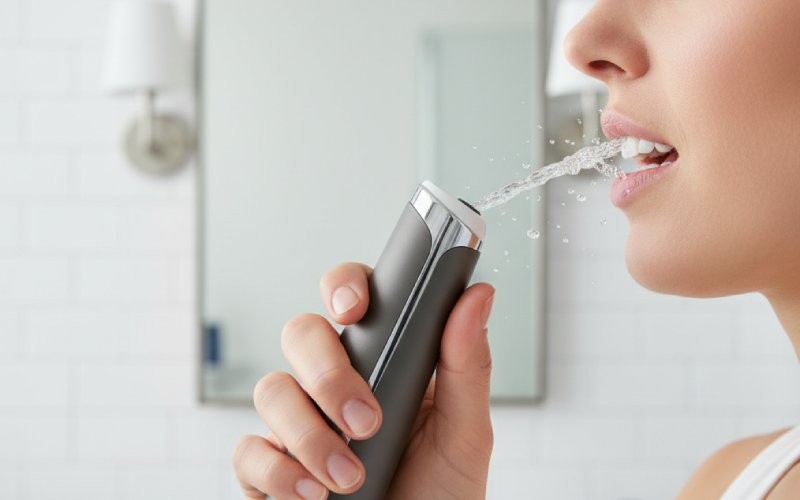
Does RA Directly Affect if Dental Implants Work?
This is the big question. How does rheumatoid arthritis affect dental implants? The biggest worry is about how the disease and its treatments change your body’s ability to heal. For a dental implant to be successful, your jawbone must heal and grow tightly around it. RA can slow down this healing process. The same swelling that hurts your joints can also harm the tissue in your gum and bones.
Also, some medicines people take for RA can make healing happen more slowly. We will talk more about that later. If your body heals slowly, there is a bigger chance of getting an infection around the dental implant. This could cause the dental implant failure. But, this does not mean you are unable to get a dental implant. It just means your dentist and oral surgeon must be extra careful. With a good plan and the right care, many patients with RA get dental implants that work very well.
Are You a Good Candidate for Dental Implants with RA?
Having RA does not mean you are automatically disqualified from getting dental implants. Your eligibility depends on a few important things. Your dentist or oral surgeon will check your health in general, not just your RA. They will check your bone density. This is to make sure your jawbone is strong enough to hold a dental implant.
Your candidacy for dental implants also depends on how well you are managing your RA. If your RA is under control with medicine and you are not having a bad flare-up, your chances for success are much better. A full mouth check-up will show if you have any gum disease. Any problems will need to be fixed first. Your dental implant candidacy is a choice made by a team. The team is you, your dentist, and your RA doctor. They will all work together to make sure getting dental implants is a safe choice for you.
What RA Medicines Can Affect Dental Implant Surgery?
Many people with RA take medicine to control their symptoms. Some of these drugs work by calming down the immune system. The medications used for RA often involve suppressing the immune system so it stops attacking your joints. This helps with your joint pain. But it can cause issues for oral surgery.
A weaker immune system means your ability to heal might be lower. It can also raise your risk of infection after the implant placement. Your oral surgeon may need to speak with your RA doctor. They might suggest you stop taking your medicine for a little while before and after your surgery. This is a choice that must be made with great care. It is important to balance the risk of an RA flare-up with the need for your body to heal. You should never stop taking your medicine unless you talk to your doctors first.
What Are the Main Risks for Implant Surgery with RA?
When you have RA, there are a few extra risks to think about before you get a dental implant. It is important to know about them. This way, you and your dental team can make a good plan.
| Risk with RA | Why It’s a Worry | How to Handle It |
|---|---|---|
| Slower Healing | RA and some RA drugs can slow down the way your body heals on its own. This can affect how well the dental implant connects to your jawbone. | Your surgeon may plan for you to have more time to heal. This would happen before they put the final tooth on the dental implant. |
| Higher Risk of Infection | A weaker immune system makes it harder for your body to fight germs after surgery. | Your dentist might give you antibiotics. You may need to take them before and after the implant placement to lower the chance of infection. |
| RA Flare-Ups | The stress from surgery could cause your RA to act up. This can cause pain and swelling that could affect how you heal. | Work with your RA doctor. Make sure your RA is calm and under control before you schedule an appointment for surgery. |
| Dental Implant Failure | If the bone does not heal well or if an infection happens, the dental implant has a higher chance of not working. | Following all the rules after surgery is very important. You also need to keep your mouth very clean to help your implants succeed. |
How Can You Get Ready for a Dental Implant?
If you and your doctors decide that you are a good person for dental implants, the next step is getting ready for the procedure. Getting ready in the right way can make a big difference. First, get your RA under control. Work with your RA doctor to make sure your symptoms are not acting up. Try not to plan your surgery for a time when you are having a flare-up.
Second, pay close attention to your oral health. You need to have very clean teeth and healthy gums before your implant surgery. If you have any signs of gum disease, your dentist must fix that problem first. You may need to change how you clean your teeth. If it is hard for you to brush your teeth, try an electric toothbrush. You could also try a toothbrush with a bigger handle. You must be able to brush and floss in a good way. Getting ready for dental surgery is a team effort.
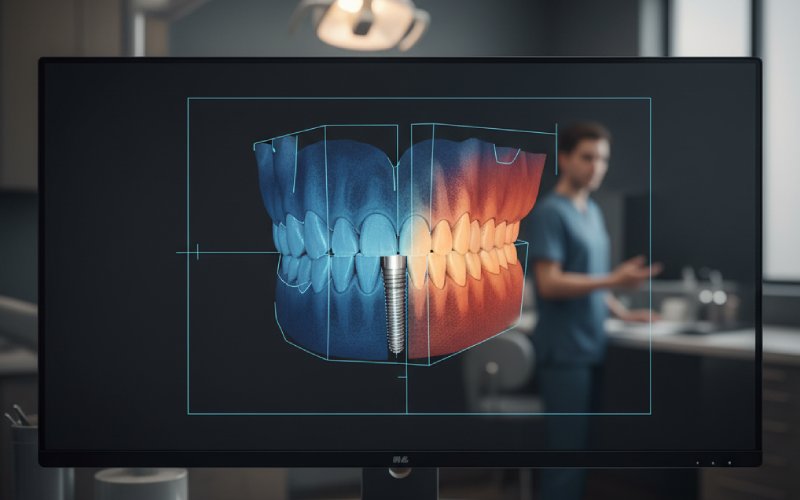
What Questions Should You Ask Your Dentist and Oral Surgeon?
Being ready also means asking good questions. This helps you understand everything and feel more sure about your choice. When you schedule a consultation with your family dental office or an oral surgeon, take this list of questions with you.
- How does my RA affect my dental implant eligibility in my case?
- Will my RA medicines get in the way of the implant surgery or my healing?
- How much experience do you have with putting a dental implant in patients with RA?
- What is the plan if I heal more slowly than most people?
- What are the signs of an infection that I should look for?
- Will I need to take any antibiotics?
- How long will the whole dental implant process take for me?
- What can I do to have a better chance of a successful dental implant?
How Do You Take Care of Dental Implants with Rheumatoid Arthritis?
After your dental implant is in your mouth, taking good care of it is very important. This is even more true for patients with ra. Your new tooth needs the same care you give to your natural teeth. You need to brush two times a day and floss one time a day. If RA makes it hard to use normal floss, you can use a water flosser or a floss holder to help.
Keeping the gum around your dental implant healthy is the most important job. RA might make you more likely to have swelling. So, having a great oral health routine is not a choice—it is something you must do. Make regular visits to your dentist. They will check on your dental implant and make sure everything is healthy. With good care, your dental implant can last for your whole life. It will give you a strong and beautiful tooth.
Key Takeaways to Remember
Here is a quick list of the most important things to know about rheumatoid arthritis and dental implants:
- RA Doesn’t Stop You: Having rheumatoid arthritis does not mean you cannot get a dental implant. Many people with RA are good candidates.
- Teamwork is Key: Your plan should be made by a team. This team includes you, your dentist, your oral surgeon, and your RA doctor.
- Keep Your RA Under Control: Your RA should be under good control and not flaring up before you have implant surgery. This will help you heal in the right way.
- Medicines Matter: Some RA medicines can change how you heal and your risk of infection. Your doctors will make a safe plan just for you.
- Keeping Your Mouth Very Clean is a Must: Pain in your hands can make it hard to brush and floss. You must find ways to clean your mouth really well before and after surgery. Tools like an electric toothbrush can help.
- Healing May Take Longer: Be patient. Your body might need more time for the dental implant to join with your jawbone. It is very important to follow all of your surgeon’s directions.


